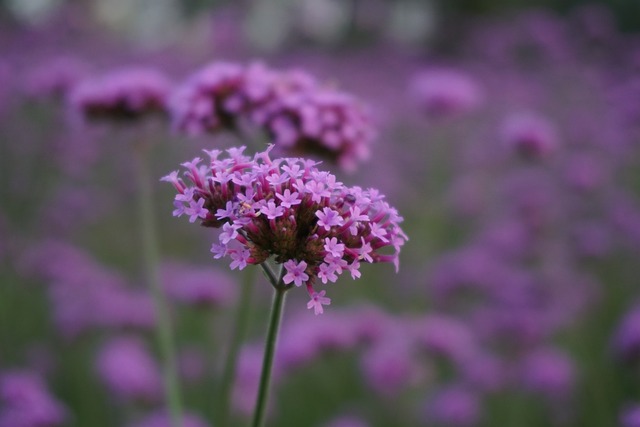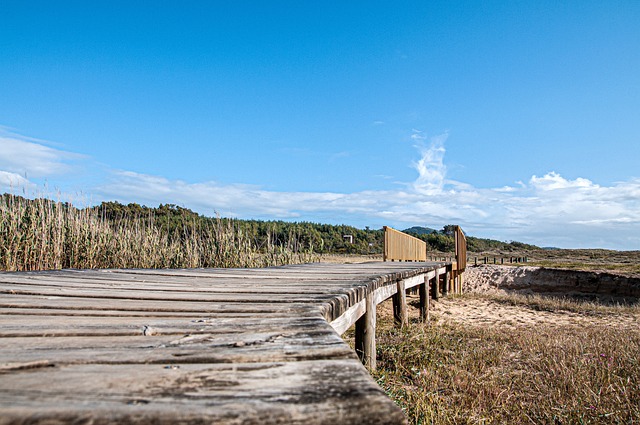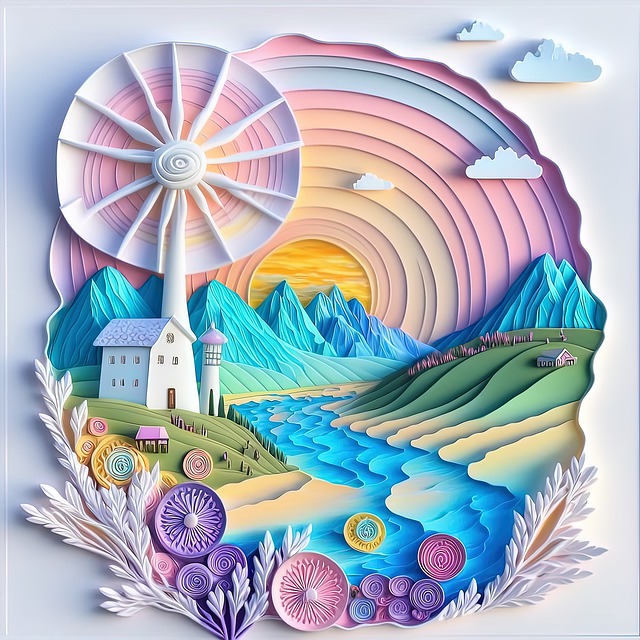21 dukes 🎱 The Relevance of the 21 Dukes in Contemporary Society

The Relevance of the 21 Dukes in Contemporary Society21 dukes
In a world increasingly dominated by democracy and egalitarianism, the existence and significance of the 21 dukes stand as a testament to the enduring legacy of aristocracy. These figures, often cloaked in the mystique of history, are not merely relics of a bygone era; rather, they symbolize a complex interplay of tradition, privilege, and cultural identity that continues to resonate in modern society. This report aims to explore the relevance of the 21 dukes, examining their roles, responsibilities, and the implications of their status in the contemporary landscape.
At first glance, the concept of dukedoms may appear antiquated, a mere footnote in the annals of history. However, a closer examination reveals that these titles carry considerable weight, both socially and economically. The dukes, as custodians of substantial estates and historical assets, play a crucial role in the preservation of heritage. Their estates, often sprawling and rich with history, are not just private properties; they are repositories of culture and tradition. By preserving these lands and their associated histories, the dukes contribute significantly to the cultural tapestry of their nations, providing a sense of continuity in an ever-changing world.
Moreover, the economic influence of the 21 dukes cannot be overlooked. Many of these individuals manage vast estates that encompass agricultural land, historical sites, and tourist attractions. This management not only sustains their own wealth but also generates employment opportunities and stimulates local economies. In regions where tourism is a vital economic driver, the role of the dukes becomes even more pronounced. Their ability to attract visitors to their estates, often through events, exhibitions, and festivals, underscores their importance as cultural ambassadors. In this sense, the dukes serve as bridges between the past and the present, ensuring that history remains accessible and relevant to contemporary society.21 dukes

The responsibilities of the 21 dukes extend beyond mere economic management; they also encompass social and charitable obligations. Many dukes actively engage in philanthropy, supporting various causes that resonate with their values and heritage. By leveraging their status and resources, they can effect meaningful change within their communities. Their involvement in charitable endeavors not only aids those in need but also fosters a sense of responsibility and stewardship that is often associated with aristocratic titles. In an age where social responsibility is increasingly prioritized, the actions of the dukes can serve as a guiding example of how privilege can be wielded for the greater good.
However, the existence of the 21 dukes is not without controversy. Critics often argue that hereditary titles and privileges are antithetical to democratic ideals, perpetuating inequality and elitism. This perspective raises important questions about the relevance of such titles in a modern context. Should society continue to uphold systems that privilege individuals based on birth rather than merit? While these questions are valid and warrant discussion, it is essential to recognize that the dukes are not merely symbols of privilege; they are also individuals who navigate the complexities of their roles in a rapidly changing world.
The challenge for the dukes lies in balancing tradition with progress. Many have begun to embrace contemporary values, advocating for sustainability, diversity, and inclusivity within their estates and communities. By modernizing their practices and aligning with current social movements, the dukes can maintain their relevance while also addressing the concerns of a more egalitarian society. This evolution is crucial for the survival of their titles and the institutions they represent, as they must demonstrate their adaptability in the face of changing societal norms.
Furthermore, the public perception of the dukes is evolving, influenced by broader societal trends and cultural shifts. As younger generations increasingly prioritize authenticity and transparency, the dukes are faced with the challenge of redefining their roles. Engaging with the public through social media, community initiatives, and educational programs can help demystify their status and foster a sense of connection with the communities they serve. In doing so, the dukes can transform from distant figures into relatable individuals who actively contribute to the societal fabric.21 dukes

In conclusion, the relevance of the 21 dukes in contemporary society is a multifaceted issue that encompasses historical, economic, and social dimensions. While their existence may evoke debate regarding privilege and inequality, it is crucial to recognize the contributions they make to cultural preservation, economic development, and charitable endeavors. The challenge lies in their ability to adapt and evolve in response to changing societal expectations, ensuring that they remain relevant in a world that increasingly values equality and inclusivity. Ultimately, the 21 dukes have the potential to serve as powerful advocates for positive change, bridging the gap between tradition and modernity while enriching the communities they inhabit.21 dukes
Fale conosco. Envie dúvidas, críticas ou sugestões para a nossa equipe através dos contatos abaixo:
Telefone: 0086-10-8805-0795
Email: portuguese@9099.com


